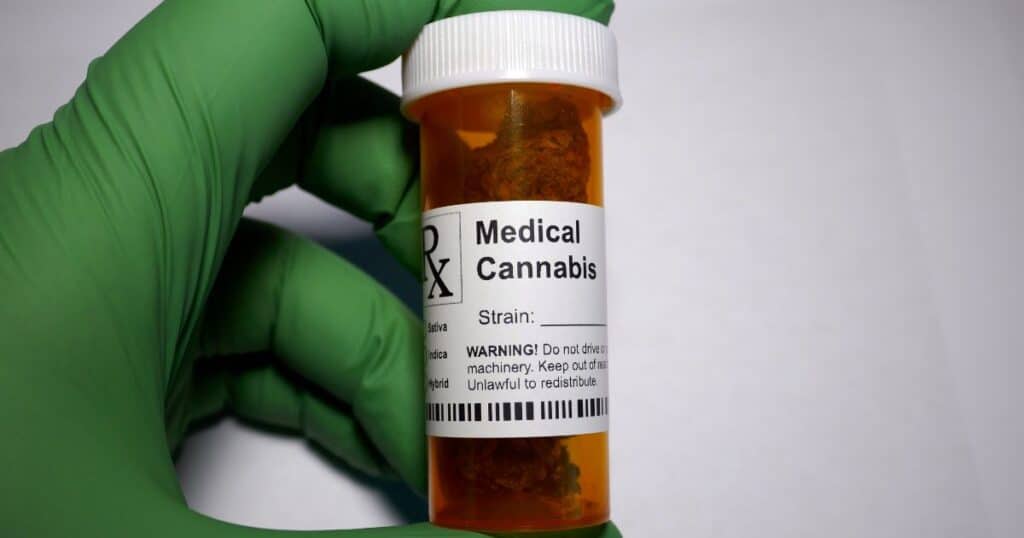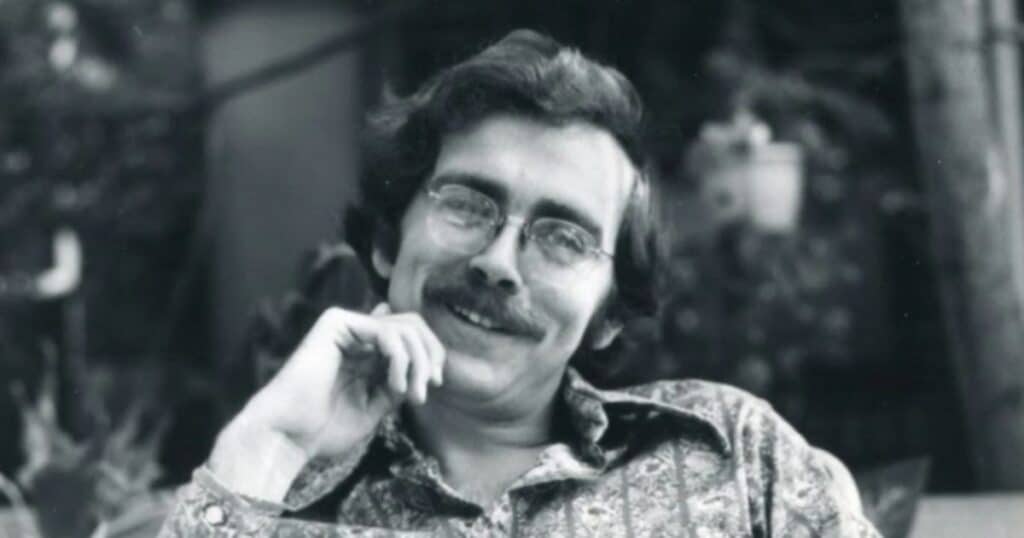Robert C. Randall was an American glaucoma patient turned activist who, in 1976, was arrested for growing his own supply of cannabis to treat his condition – even though his two ophthalmologists had established the medical necessity. In 1978, he challenged the government’s prosecution of him in U.S. vs. Randall.
This landmark case ultimately led to a settlement guaranteeing Robert’s right to use medicinal cannabis and establishing a program allowing others with life-threatening ailments access to this prohibited medicine.
Throughout the years leading up to the court case, Robert had struggled with painful symptoms of glaucoma, which caused him immense physical discomfort and threatened his vision. After trying numerous other treatments, he turned to cannabis to help, and it did.
However, using cannabis as a treatment was illegal at the time, and Robert was ultimately arrested for growing his own supply of medicinal cannabis. Nevertheless, he persisted in fighting for what he believed to be right – and eventually won.
More importantly than winning his case, however, Robert’s legal challenge established a program that allowed others with life-threatening conditions access to medicinal cannabis. In addition, his courage and conviction inspired countless people who have followed in his footsteps to fight for similar rights in the years since.

U.S. vs. Randall
In U.S. vs. Randall, Robert faced a seemingly impossible task – to prove that his medical use of cannabis was necessary in order to avoid prosecution from the federal government. In his defense, he presented two ophthalmologists willing to testify on his behalf and prove that no other treatment had worked for him and medicinal cannabis was indeed the only way to treat his glaucoma symptoms.
After winning his case against the government’s prosecution, Robert decided to challenge them further by suing them in an attempt to establish a program allowing access for patients with life-threatening conditions requiring medical cannabis.
His actions set a precedent and resulted in a 1978 legal settlement establishing the Compassionate Investigational New Drug Program (CIND). This program allowed selecting patients with life-threatening conditions to access medicinal cannabis from the government, marking a crucial milestone in medical cannabis history and Robert’s courage to set an example for future reformers.
On May 7th, 45 years later, Alice O’Leary Randall – Robert’s widow – released the newly digitized Factual Record from the U.S. vs. Randall court case to commemorate her husband and his pioneering efforts towards reforming medical cannabis policy.
In a recent interview with Marijuana Moment, they asked what she thought her husband would think about the marijuana policy landscape that’s evolved in the two decades since he passed. Alice said that he’d be “torn.”
On the one hand, “he’d be thrilled that there are literally millions of people in this country who are getting their certificates for medical need and being able to go to a dispensary—and the choice of products is absolutely wonderful.”
On the other, “he’d be really angry about the adult-use situation.” It’s not that her Randall or her late husband opposed legalizing for adults outside of a medical context, but she said that he’d be upset to see the consolidation of the medical and recreational market, with policies being driven by profit and not the needs of patients and consumers.
Cannabis Pioneer
The U.S. vs. Randall court case of 1978 fundamentally changed the landscape of medical marijuana in the United States and set a precedent for many reformers to follow. Robert Randall was the first person ever to be legally prescribed medical cannabis.

His courageous fight against the government paved the way for other patients with life-threatening conditions to access medicinal cannabis from the federal program he established.
Since then, numerous states have legalized medical or recreational marijuana, or both, while many are slowly beginning to accept its medicinal value as more research becomes available. The industry has evolved into what it is today – a multi-billion dollar industry – largely due to Robert’s pioneering efforts.
Today, countless advocates are fighting for the right to access medical cannabis, and many more are pushing for greater reform. This 45th anniversary of the landmark U.S. vs. Randall court case serves as a reminder of how far we have come in terms of medical marijuana law and policy and is an important moment to reflect on Robert’s legacy while continuing to move forward in our fight for equitable access.
Enjoyed that first hit? Come chill with us every week at the Friday Sesh for a freshly packed bowl of the week’s best cannabis news!
















